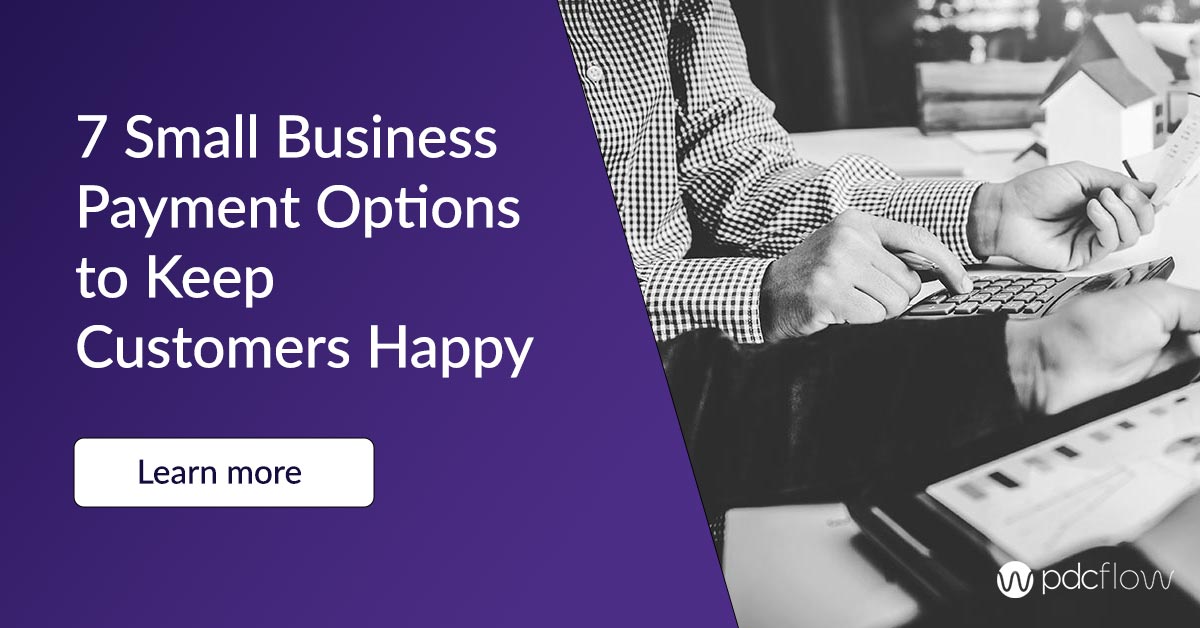Customers expect companies to offer online payments. If your organization doesn’t accept online payments (or your online page is confusing, outdated, or doesn’t match your website) your business is losing money.
Hosted payment pages are now a must for any company that wants to:
- Stay competitive
- Make paying easier for customers
- Save staff time by reducing manual work
- Bring in money even when your business is closed
What is a Hosted Payment Page?
What Should Merchants Look For in a Hosted Payment Page?
There are a few considerations that come along with taking online payments. Your payment page should offer:
Security
One of the most basic rules of taking payments is to create a safe payment ecosystem for your customers. They need to know you are protecting their payment information from being stolen. Look for a payment vendor that tokenizes and encrypts customer payment data.

White Label Branding
Customers may get confused if your payment page doesn’t look like the rest of your website. If you customize the colors, styling and branding of your payment page, it will offer a professional first appearance and help build trust.
Both of those factors will help encourage more customers to submit payments online via the payment page.
User experience
You need to offer easy ways for customers to pay. Online payment pages must be fast, intuitive and easy to use. In turn, a better user experience will bring in more revenue and boost customer satisfaction and loyalty.
Payment options
Standard best practice in today’s business environment is to offer as many useful ways to pay as possible. More ways to pay will help you serve different customer preferences. A few ways you can make paying more convenient is through:
- Credit card payments - most customers expect to be able to pay by card.
- ACH payments - many people prefer to pay with bank account information, especially for large bills.
- QR code links - adding a QR code to a paper bill makes it simple to find your hosted payment page.
- Email or SMS links - sending payment requests to an email address or through SMS makes it faster and easier for customers to pay.
- Payment schedules - make products or services more accessible by letting customers set up payment schedules, like four payments over the next 3 months. The end result can be an overall increase in sales and revenue.
Payment compliance
To keep customers safe from fraud and data breaches, companies need to follow PCI compliance and Regulation E requirements. Vendors that offer hosted payments should help you manage PCI compliance and Regulation E requirements through their software.
PDCflow Hosted Payment Pages
What Is a Hosted Payment Page?
A third-party web page where payment transactions are completed securely.
A third-party payment web form that processes electronic payments made with credit/debit cards and ACH transactions.
A webpage or embedded section in a webpage where a customer is directed when they are ready to make payment.
Code-Free Online Payments
Every PDCflow account includes the ability to create an unlimited number of hosted payment pages, called Portals. Portals are ideal for merchants without internal development capabilities to build out payment pages themselves. Our online payment pages include:
- Customizable payment fields: Administrators can add the fields they need and customize the name of a field (account number, patient number, etc.) to fit business terminology.
- Self-serve payment schedules: Merchants can configure portals to offer customers the ability to set up recurring payment schedules through the online payment page. This allows customers more accessible payment options without having to involve an employee to configure or save the schedules.
- Customized page styling: Companies can match their hosted payment page to the look and feel of their corporate site by customizing several aspects of the form (colors, elements, typography, field shapes, field sizes).
- A consistent look: After a payment portal has been customized, it has a unique URL and it remains accessible as configured, no matter how your customers arrive at the page – whether that be through your website or via a Flow request sent via email or text.
Low-Code Payments Embedded into a Website’s Workflow
PDCflow’s Secure Entry Overlay API is the least invasive, low-code way to support payments within your own website’s payment page.
Simply add our hosted fields for the most sensitive payment information and style it to match your embedded payment form. This seamless integration is a great way to add payments to an existing payment page but also avoid taking on extra PCI compliance requirements.
Our Secure Entry Overlay technology lets companies integrate a payment form while leaving payment data capture and storage to PDCflow. No credit card or bank account numbers enter your system of record, minimizing PCI compliance scope and keeping customer data secure.
What is Low-Code Development?
A software development approach that requires little to no coding to build applications and processes.
Low-code makes software development more accessible.
Allows development teams and business users to build applications in less time than traditional coding.
Low-Code, Pre-Populated Online Payment Forms
To rely on PDCflow to handle the full payment workflow, we have a payment processing API called Portal API.
Integrating with Portal API enables you to insert a portal in its entirety into your site and pre-populate payment information for customers.
For example, a customer logging into your site who wants to submit a payment could load a portal with all their personalized information including account number, name, balance, due, etc. It’s always helpful to avoid extra data entry since this makes the process easier for your customer and also helps prevent avoidable data entry slips.
A portal integration can also make your accounting team’s reporting and reconciliation efforts easier since all customer and payment information can be accessed from one place – your PDCflow account.
Learn more about PDCflow’s hosted payment pages and integration options. Request a demo today.






